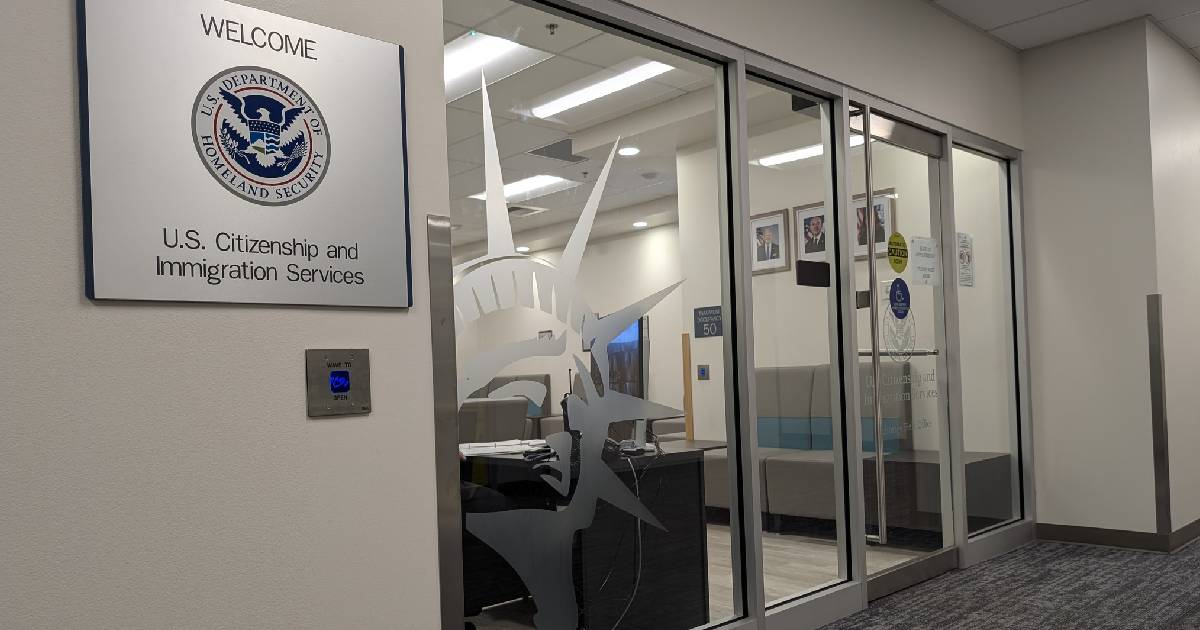
This Tuesday, the government of the United States announced that all sponsors of the Humanitarian Parole program, established for citizens of Cuba, Haiti, Nicaragua, and Venezuela, will be required to undergo a fingerprinting process as part of the necessary steps for the approval of their cases.
This is a mandatory measure for all sponsors, regardless of when they started the process to submit aid to their beneficiaries, said the Department of Homeland Security (DHS) to Martí Noticias.
"All sponsors of the Humanitarian Parole program must undergo fingerprinting before travel authorization is issued to a beneficiary," pointed out from that federal entity.
The collection of fingerprints is an additional step implemented by U.S. authorities to prevent another wave of fraud that could disrupt the program's development, as happened recently when considerable levels of deception were detected in the applications.
According to Martí Noticias, based on information provided by a USCIS official who spoke on condition of anonymity, people "do not have to wait to receive a letter in the postal mail. Just with the digital receipt that arrives in their USCIS account, they can show up at the center to have their fingerprints taken and will be processed." This information is corroborated by the Department of Homeland Security.
The Humanitarian Parole program was paused on August 2 after DHS reported that it had detected a significant level of fraud in sponsor applications. However, at the end of that same month, the resumption was announced with strict security protocols.
The entity warned that it will hold accountable those who commit fraud or attempt to exploit others for their own benefit with this initiative, which was put into effect by the Biden administration in January 2023.
The most important change was the registration of fingerprints, which aims to incorporate sponsors into the immigration system, checking for any criminal records that could disqualify them.
The validity of the parole remains at 24 months, which means that during this period migrants must seek alternatives to extend their stay or change their legal status.
In the specific case of Cubans, after one year and one day in the United States, they are eligible to apply for residency under the Cuban Adjustment Act. For other migrants, there are options such as the U visa, the T visa, or asylum applications.
What do you think?
COMMENTFiled under: